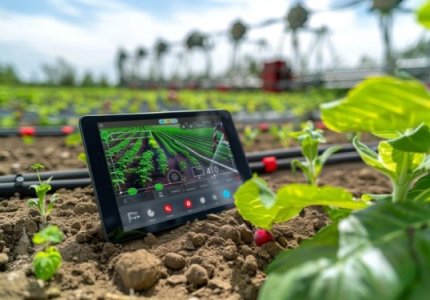
Superabsorbent polymers (SAPs) help combat water scarcity in agriculture by absorbing and slowly releasing water, cutting irrigation needs by 30-50% while boosting crop yields by 15-25. SOCO develops eco-friendly SAPs, including fertilizer-infused and biodegradable options, to enhance drought resistance and sustainable farming.
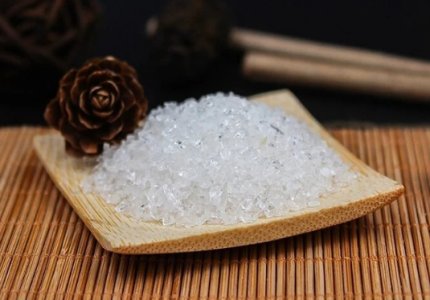
The super absorbent polymer (SAP) contributes to solving moisture problems in various fields. Super absorbent resin is a polymer material that absorbs water hundreds to 1000 times its own weight and does not release water even under certain pressure.
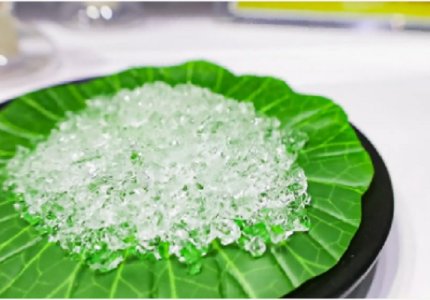
Super Absorbent Polymer (SAP), also known as super absorbent material, is a type of polymer that can absorb and retain large amounts of water. Its unique water-absorbing and retaining properties make it widely used in agriculture, medicine, environmental protection, and other fields. With continuous technological advancements, the market demand for super absorbent polymers is increasing annually, especially in emerging fields such as the application of agricultural SAP, which is bringing more innovation and opportunities.
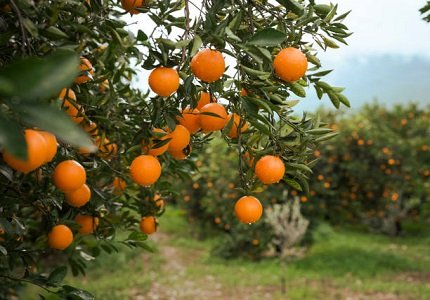
Citrus, being a popularly consumed fruit, requires meticulous water management during its cultivation process. Citrus trees have a high demand for water and need irrigation when the soil moisture content is below 60%. However, traditional irrigation methods such as furrow irrigation and sprinkling not only consume large amounts of water and require significant labor but are also challenging to manage. In the context of rising costs of labor, pesticides, and other expenses, it has become crucial for citrus farmers to find ways to reduce orchard management costs and improve planting efficiency.
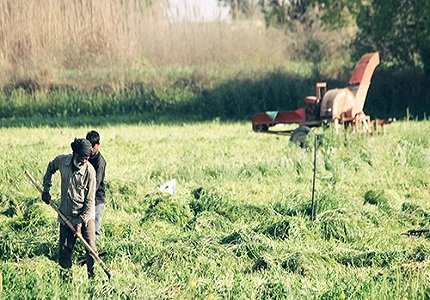
Agricultural and forestry water retention agents, often referred to as soil moisturizers, plant transpiration inhibitors, or miniature underground reservoirs, are materials with unique properties. Fundamentally, they are high molecular compounds with a complex three-dimensional network structure, containing numerous highly hydrophilic groups capable of absorbing and retaining water hundreds of times their weight. In agriculture and forestry, by mixing these agents with soil, they can rapidly absorb water during rainfall or irrigation and lock the water within the molecular grid, preventing loss due to evaporation or infiltration, forming a long-lasting moisturizing layer. Especially under drought conditions, these water retention agents can slowly release water for plant roots to absorb, enhancing the plants' drought resistance.
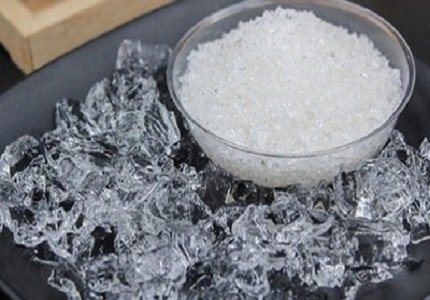
In modern agriculture, the efficient use of water resources has become particularly important. Especially for crops with poor drought resistance (such as corn, wheat, cotton, and vegetables), water management directly affects yield and quality. When faced with drought weather, farmers are often puzzled about how to reduce the waste of irrigation water while ensuring normal crop growth. There are many methods to conserve water, and they are not complicated to operate. As long as the correct techniques are mastered, even in a drought environment, the challenge of tight water resources can be effectively addressed. Today, we share several practical crop water conservation methods to help you save water and increase production!

With the continuous enhancement of global environmental awareness and the deepening of the concept of sustainable development, various industries are seeking greener and more environmentally friendly innovative solutions. In the field of agriculture, Super Absorbent Polymer (SAP) has emerged as a new material, especially in fruit tree planting and soil moisture retention. SOCO Super Absorbent Polymer (SAP), with its excellent water absorption capacity and environmental friendliness, is becoming one of the key technologies in agricultural production. This article will delve into the important applications of Super Absorbent Polymers in modern agriculture, particularly their enormous potential in increasing fruit tree yields and soil moisture retention.

As the global population continues to grow and urbanization accelerates, traditional agriculture faces a series of challenges such as land resource tension, climate change, and water shortages. In this context, vertical farms, as a new agricultural model, are gradually becoming an innovative solution to these problems due to their efficient land use and resource-saving advantages. Vertical farms can not only provide sustainable food supplies for cities but also offer a broad space for agricultural technological innovation.

Organic agriculture, as an environmentally friendly and sustainable agricultural production method, has gained more and more favor among consumers. However, despite its significant ecological and health advantages, organic agriculture still faces many challenges in its global promotion. Breaking through these bottlenecks to achieve the goal of sustainable agricultural development has become an urgent issue within the industry. Fortunately, with continuous technological advancements, many innovative technologies and strategies are providing new possibilities for solving these problems.

As awareness of health and sustainability grows, organic agriculture is evolving from a niche practice to a cornerstone of the global agricultural and food industries. Whether it’s meeting consumer demand for healthier foods or addressing environmental concerns through reduced chemical inputs, organic farming delivers both economic and ecological value. However, the industry’s rapid expansion presents challenges, including high costs, technological barriers, and intense competition. How can stakeholders transform these challenges into opportunities?

The 16th Session of the Conference of the Parties of the United Nations Convention to Combat Desertification was Held in Riyadh, the capital of the Kingdom of Saudi Arabia. On December 9, local time, during the conference, the China Society of Desertification Control held a side event titled Scientific and Technological Innovation in Combating Desertification Supports Green and Sustainable Development” Side Event, which showcased China's successful experiences in combating desertification and engaged in discussions with representatives from around the world on issues related to desertification control, technological innovation, and high-quality development.

In the developing world, particularly in regions dependent on rain-fed agriculture, agricultural stakeholders confront a myriad of challenges, including erratic rainfall patterns, resource scarcity, and inadequate infrastructure. These issues pose a significant threat to agricultural productivity and sustainable development, with the potential to exacerbate the impacts of climate change. It is imperative that we devise and implement innovative, cost-effective agricultural strategies to enhance productivity and sustainability in these areas.
No.51-2, Wuyang Road, Qingdao, China